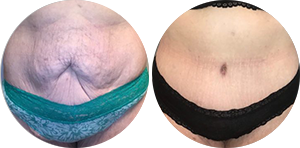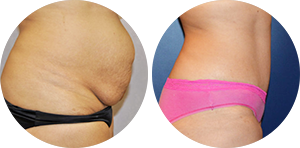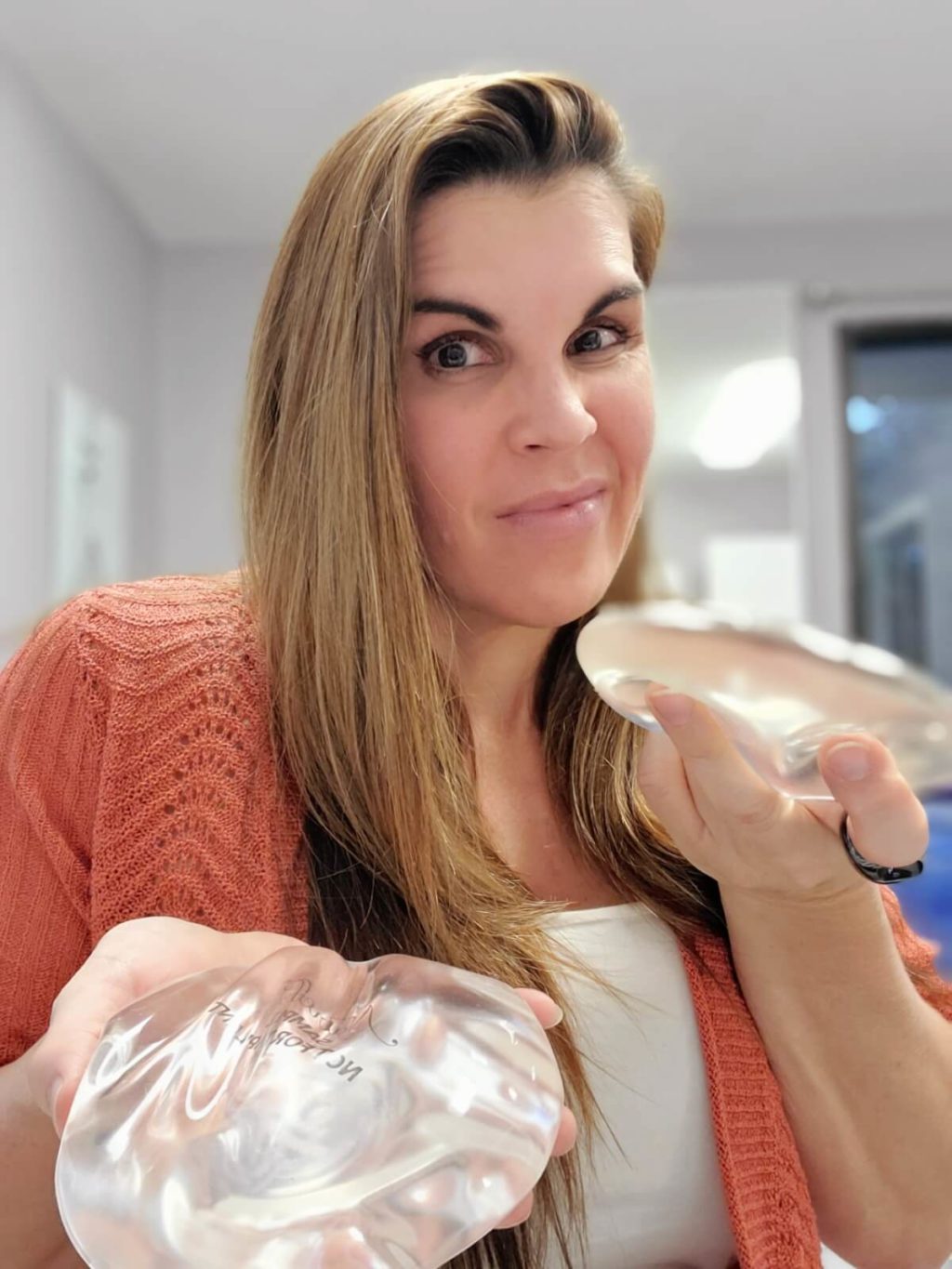There are more than 400,000 breast augmentation cases performed each year. Breast implants were first introduce in the 1960’s and since then have undergone many functional and aesthetic improvements.
In the 1990’s several countries, including the US, conducted studies on the safety of implants placed in women. These women were followed up to 10 years and the report concluded insufficient evidence to link implants to systemic or autoimmune diseases.
Despite these studies, there are multitudes of women declaring they have “Breast Implant Illness (BII).” BII symptoms can vary from chronic pain, hair loss, fatigue, anxiety, depression, brain fog, sleep disturbance, pain, GI issues, rashes, etc. The cause is stated to be multifactorial including:
- Slow bleed of chemicals into the body from the implant
- Chronic inflammation
- Biofilm over the implant (which is a bacterial-associated covering)
- Biomaterials creating oxidative stress on the body
There are now many support groups which is believed to have been fueled by the rise of social media allowing more people to connect. BII cannot be detected by a single test, but is often said to be a “diagnosis of exclusion.” Thorough evaluation by physicians including a primary care physician in addition to a rheumatologist is recommended.
Many women are opting to undergo explantation or removal of the implant.
Some women are desiring removal of the capsule surrounding the implant, or total capsulectomy. The reasoning for this is that it is felt the capsule retains some of the toxic elements from the implant, and leaving the capsule in place allows the process to continue. On occasion, complete removal is not entirely possible given adherence to surrounding structures, including muscles and tissues. As such, disfigurement or happiness with aesthetic results are not guaranteed. Despite some risks with this procedure, a majority of the women who have undergone the procedure indicate rapid improvement of symptoms soon after removal.
Support groups on the internet and social media continue to rise in the number of participants.
There is now a push involving the FDA for device makers to place a “black label warning” on packaging in light of recent data on breast-implant associated lymphoma. Although there are many happy and healthy women who have breast implants without issues, the growing number of women proclaiming BII is growing.
Despite what may be considered a controversial topic in the medical world, BII is out there and women need to be informed of its presence to truly make an informed decision to undergo breast augmentation.



